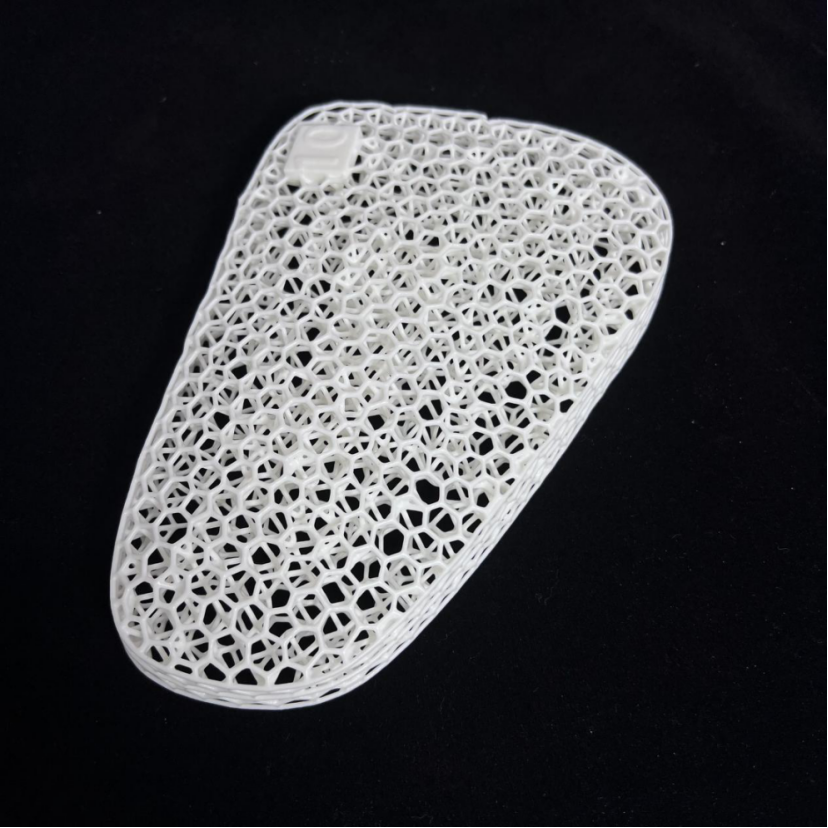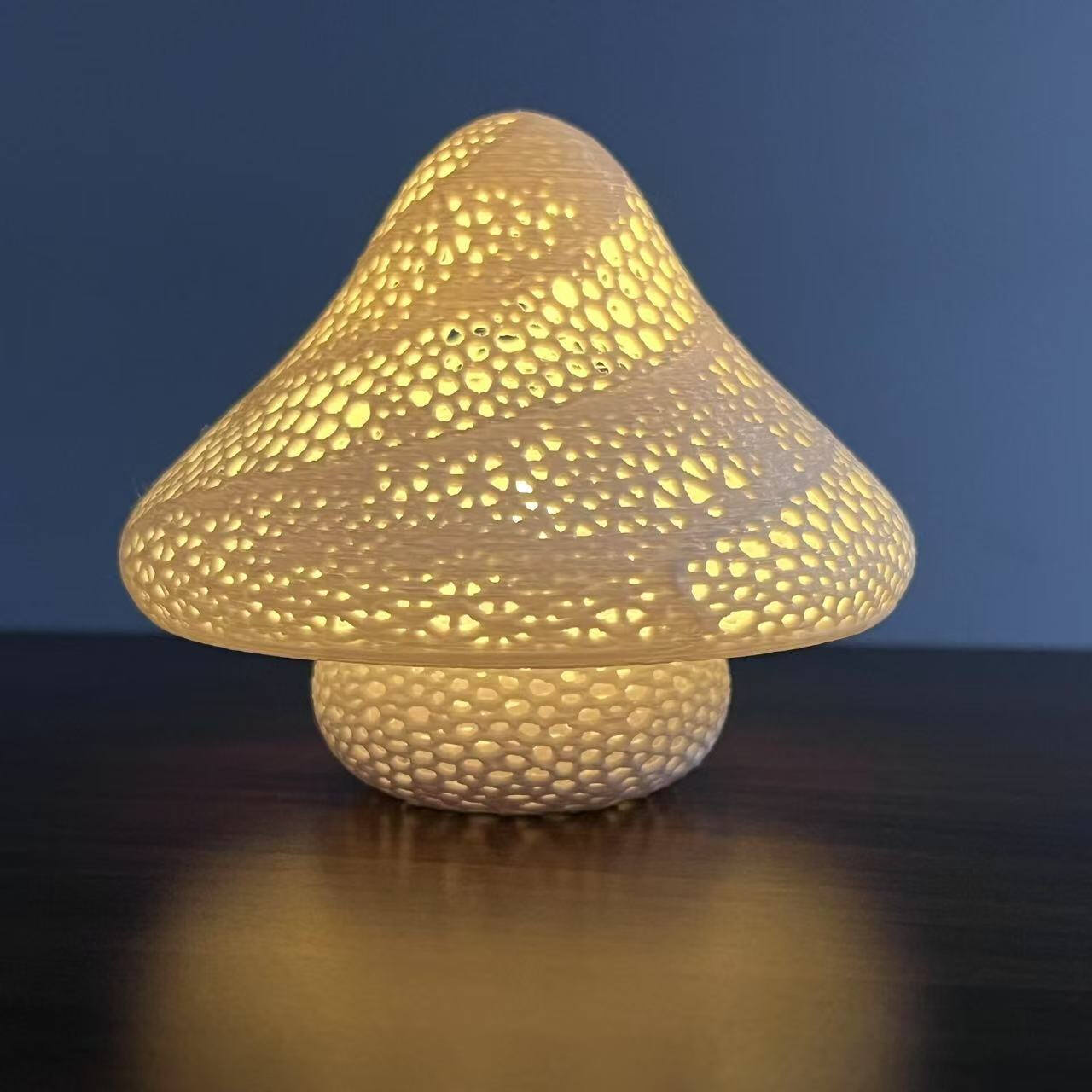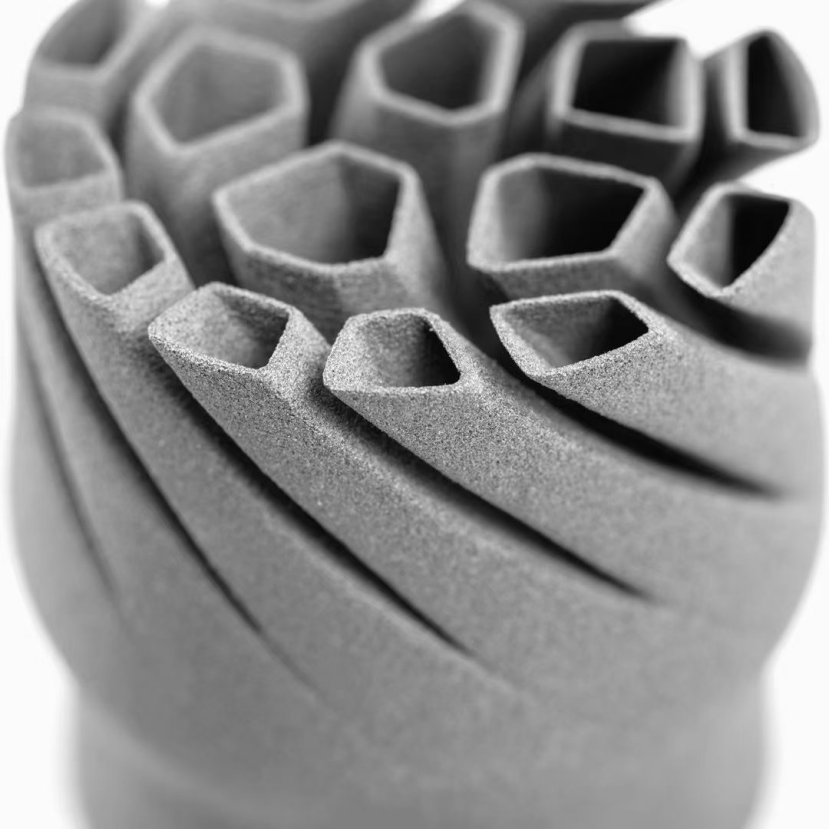prototype injection molding
Prototype injection molding is an advanced manufacturing process that enables the rapid production of high quality plastic parts for testing and validation purposes. This innovative technology combines the precision of traditional injection molding with the flexibility and speed required for prototyping applications. The process involves creating a temporary mold, typically from aluminum or other soft metals, which is then used to produce a limited run of plastic parts. These prototypes accurately represent the final product in terms of material properties, aesthetics, and functionality. The technology employs sophisticated CAD/CAM systems for mold design and computer controlled injection molding machines that ensure consistent quality across production runs. This method is particularly valuable in the product development cycle as it allows manufacturers to verify design concepts, test part functionality, and identify potential manufacturing issues before committing to full scale production. The process can accommodate a wide range of thermoplastic materials, making it suitable for various industries including automotive, consumer electronics, medical devices, and consumer goods. Prototype injection molding bridges the gap between 3D printing and mass production, offering the perfect balance of quality, speed, and cost effectiveness for small batch production runs.


